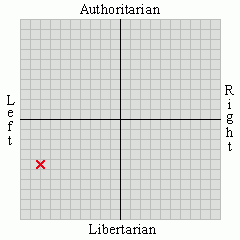President Obama, in his address accepting his Nobel Peace Price, referred to the notion of ‘just war.’ Early in his remarks, he says:
The concept of a “just war” emerged, suggesting that war is justified only when certain conditions were met: if it is waged as a last resort or in self-defense; if the force used is proportional; and if, whenever possible, civilians are spared from violence. Of course, we know that for most of history, this concept of “just war” was rarely observed. The capacity of human beings to think up new ways to kill one another proved inexhaustible, as did our capacity to exempt from mercy those who look different or pray to a different G[-]d. Wars between armies gave way to wars between nations — total wars in which the distinction between combatant and civilian became blurred. And while it’s hard to conceive of a cause more just than the defeat of the Third Reich and the Axis powers, World War II was a conflict in which the total number of civilians who died exceeded the number of soldiers who perished.
Here he refers to basic principles, a checklist of sorts, that helps define what constitutes a ‘just war.’ As a country in the midst of two wars, the President makes no apologies for either the war in Iraq or Afghanistan, only states that one of them is drawing to a close. If a war is illegal, it follows naturally that the war is also unjust. One might conclude from statements Obama made during his campaign, that he would agree the Iraq war was not only ill advised, but illegal, and therefore unjust. As our nation’s focus has slowly shifted, since Obama took office, from Iraq back to Afghanistan, his administration has done nothing to punish, or even investigate, those responsible for the illegal war in Iraq.


